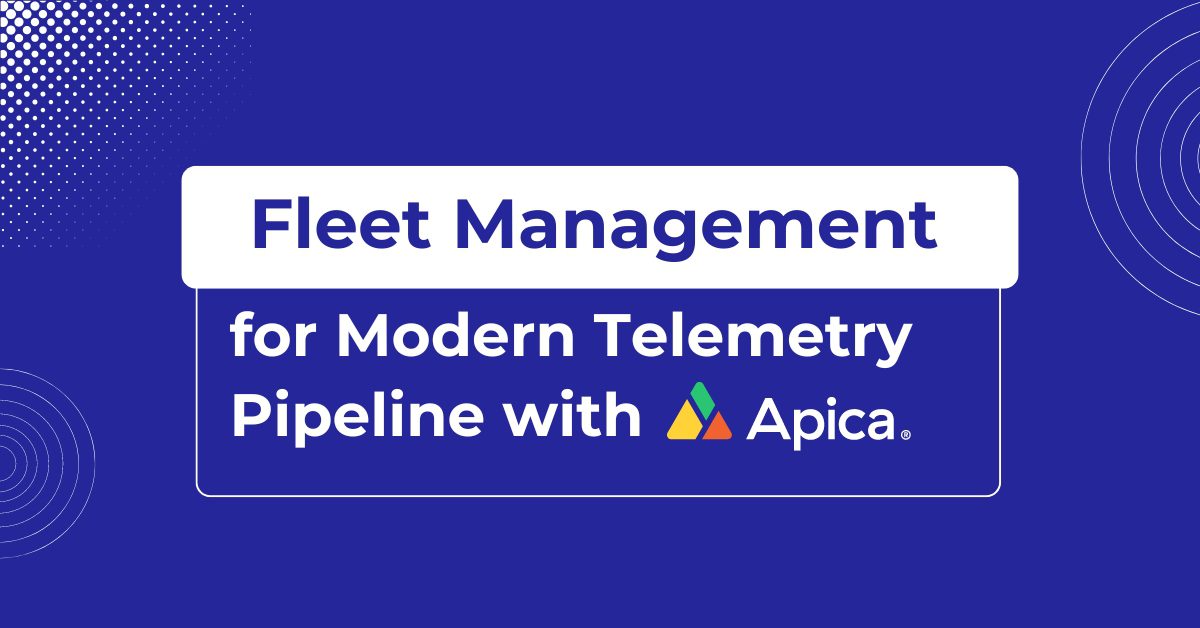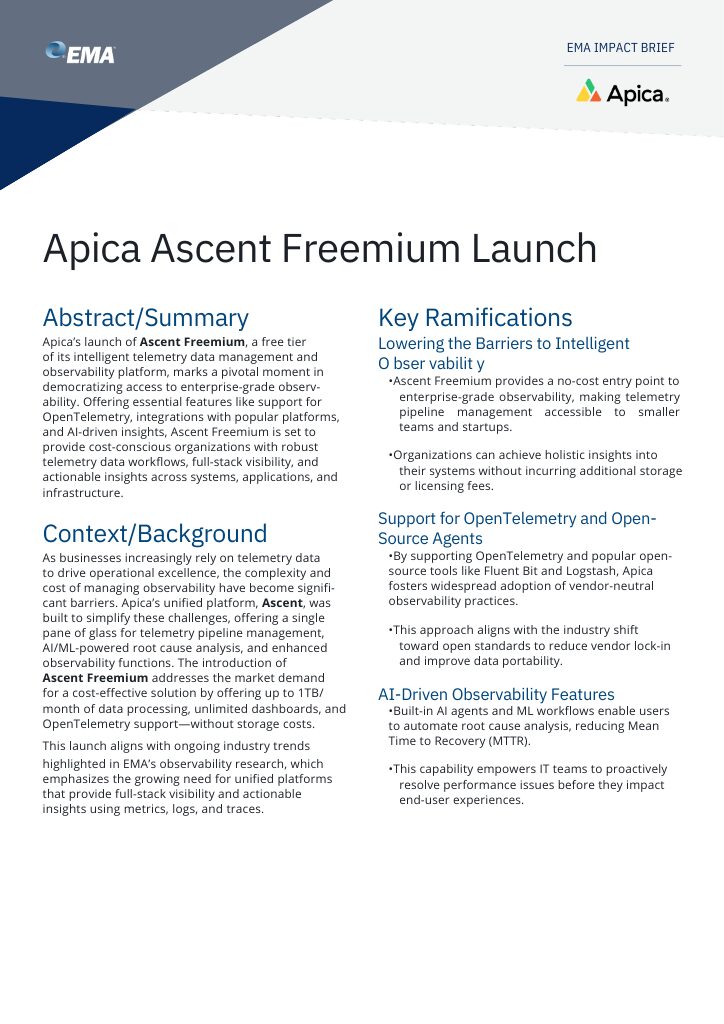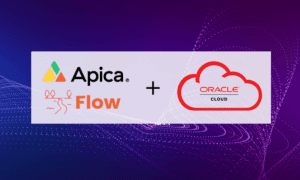Plain-text log maintenance is a thing of the past. While plain-text data is still helpful in certain situations, it pays to invest in reliable log management tools and systems to help your business gather and process important infrastructure data and improve code quality. Logs are tough to handle yet necessary in any production system. It is significantly more convenient to utilize a log management application than to trawl through infinite loops of text files scattered across your system environment.
The main benefit of log management systems is that they can quickly identify the source of any application or software fault with just a single query. The same can be said for security problems, where many of the solutions listed below may assist your IT staff in preventing assaults even before they occur. Additionally, having a visual representation of how your global user base experiences your product or service can uncover insights that help you improve performance and eliminate usage bottlenecks.
What Is the Importance of Log Management?
Through event log monitoring, you may obtain a greater understanding of system data, pinpoint process bottlenecks, and identify security vulnerabilities. Log management is a must for various reasons, but its primary value is that it enables IT professionals to optimize application performance and resource allocation.
Among the advantages are the following:
- Log data centralization
- Enhancement of system performance
- Time-efficient monitoring
- Automated issue resolution
Here are the top 5 log management tools for 2022 and beyond:
Logit.io
SRE teams at top organizations such as Maersk, IBM, Murphy Oil, and Nikon use the Logit.io log management platform to monitor their operations and increase their security and alerting capabilities. Engineers save hundreds of hours per month because of the platform’s high scalability, enabling them to go back to releasing code and changing organizations quicker. The platform is suitable for various additional use cases, including but not limited to SIEM, APM, container monitoring, DevOps analytics, infrastructure monitoring, website uptime, measuring sales performance, understanding user behavior, and deep metrics analysis, in addition to comprehensive log management.
The Logit.io platform also offers the following open source software that is wholly managed: Dashboards for ELK, OpenSearch, and Grafana.
Logentries
Logentries is a cloud-based log management platform that enables developers, IT engineers, and business analytic teams of any size to access any computer-generated log data. Logentries’ simple onboarding approach allows any company team to rapidly and efficiently analyze their log data from the first day.
Sumo Logic
Originally developed as a SaaS version of Splunk, it has matured into a stand-alone enterprise-class log management application. Sumo Logic is a unified logs and metrics platform that uses machine learning to enable real-time data analysis. Sumo Logic can instantly show the underlying cause of any given issue or incident, and it can be configured to monitor your applications in real-time. Sumo Logic’s strength is its quick data processing, which eliminates the need for additional data analysis and management.
Datadog
Datadog is a service for monitoring hybrid cloud systems. Datadog delivers end-to-end insight across dynamic, high-scale infrastructure by gathering metrics, events, and logs from over 450 technologies. Datadog log management streamlines troubleshooting efforts by providing rich, linked data from throughout your environment and dynamic indexing strategies that make collecting, inspecting, and storing your logs cost-efficient.
Apica
Apica increases the value of log monitoring and analytics by providing operational, business, and security insights. End-to-end observability is required for cloud-native architectures to get situational awareness since plain logs are inadequate. To attain comprehensive observability, organizations must be able to identify the context of an issue both upstream and downstream. Apica provides centralized control for all your observability data while allowing teams to automatically monitor and analyze all logs in the context of their upstream and downstream interactions. Because of this broad yet granular perspective, analysts can quickly comprehend the business context of an issue and pinpoint its exact root cause down to a single line of code.
Conclusion
Log monitoring is a large and diverse subfield of the monitoring discipline, with solutions available for practically every use case. If you’re looking for the right log management solution for your business, you should try Apica. Apica’s log management is a solution for Business Analytics and IT Operations, providing a feature-rich end-to-end log management solution.











